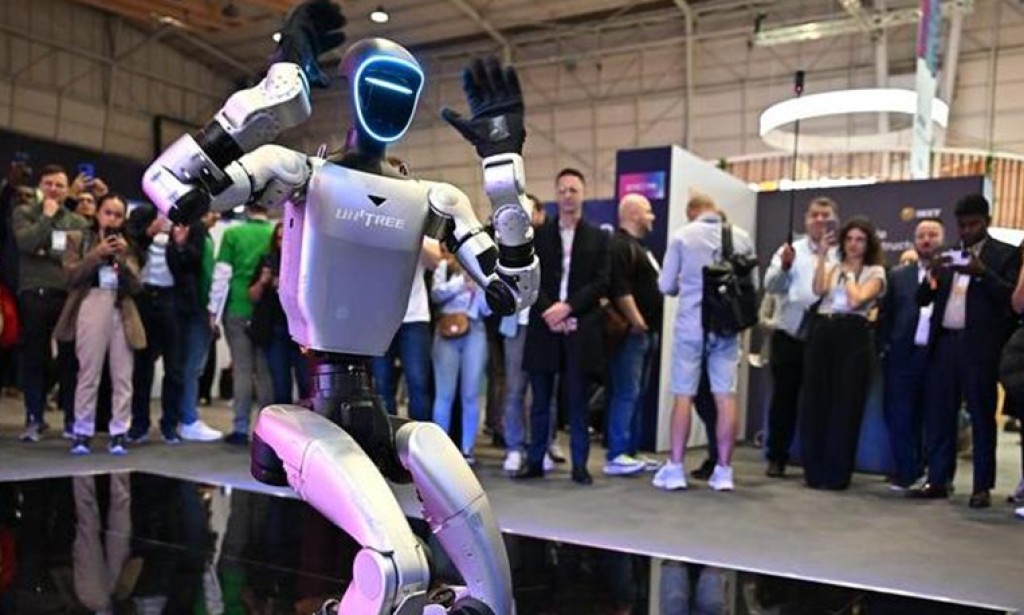Customer experience, service and support
Companies can implement AI-powered chatbots and virtual assistants to handle customer inquiries, support tickets and more. These tools use natural language processing (NLP) and generative AI capabilities to understand and respond to customer questions about order status, product details and return policies.
Chatbots and virtual assistants enable always-on support, provide faster answers to frequently asked questions (FAQs), free human agents to focus on higher-level tasks, and give customers faster, more consistent service.
Fraud detection
Machine learning and deep learning algorithms can analyze transaction patterns and flag anomalies, such as unusual spending or login locations, that indicate fraudulent transactions. This enables organizations to respond more quickly to potential fraud and limit its impact, giving themselves and customers greater peace of mind.
Personalized marketing
Retailers, banks and other customer-facing companies can use AI to create personalized customer experiences and marketing campaigns that delight customers, improve sales and prevent churn. Based on data from customer purchase history and behaviors, deep learning algorithms can recommend products and services customers are likely to want, and even generate personalized copy and special offers for individual customers in real time.
Human resources and recruitment
AI-driven recruitment platforms can streamline hiring by screening resumes, matching candidates with job descriptions, and even conducting preliminary interviews using video analysis. These and other tools can dramatically reduce the mountain of administrative paperwork associated with fielding a large volume of candidates. It can also reduce response times and time-to-hire, improving the experience for candidates whether they get the job or not.
Application development and modernization
Generative AI code generation tools and automation tools can streamline repetitive coding tasks associated with application development, and accelerate the migration and modernization (reformatting and replatorming) of legacy applications at scale. These tools can speed up tasks, help ensure code consistency and reduce errors.
Predictive maintenance
Machine learning models can analyze data from sensors, Internet of Things (IoT) devices and operational technology (OT) to forecast when maintenance will be required and predict equipment failures before they occur. AI-powered preventive maintenance helps prevent downtime and enables you to stay ahead of supply chain issues before they affect the bottom line.



You must be logged in to post a comment.